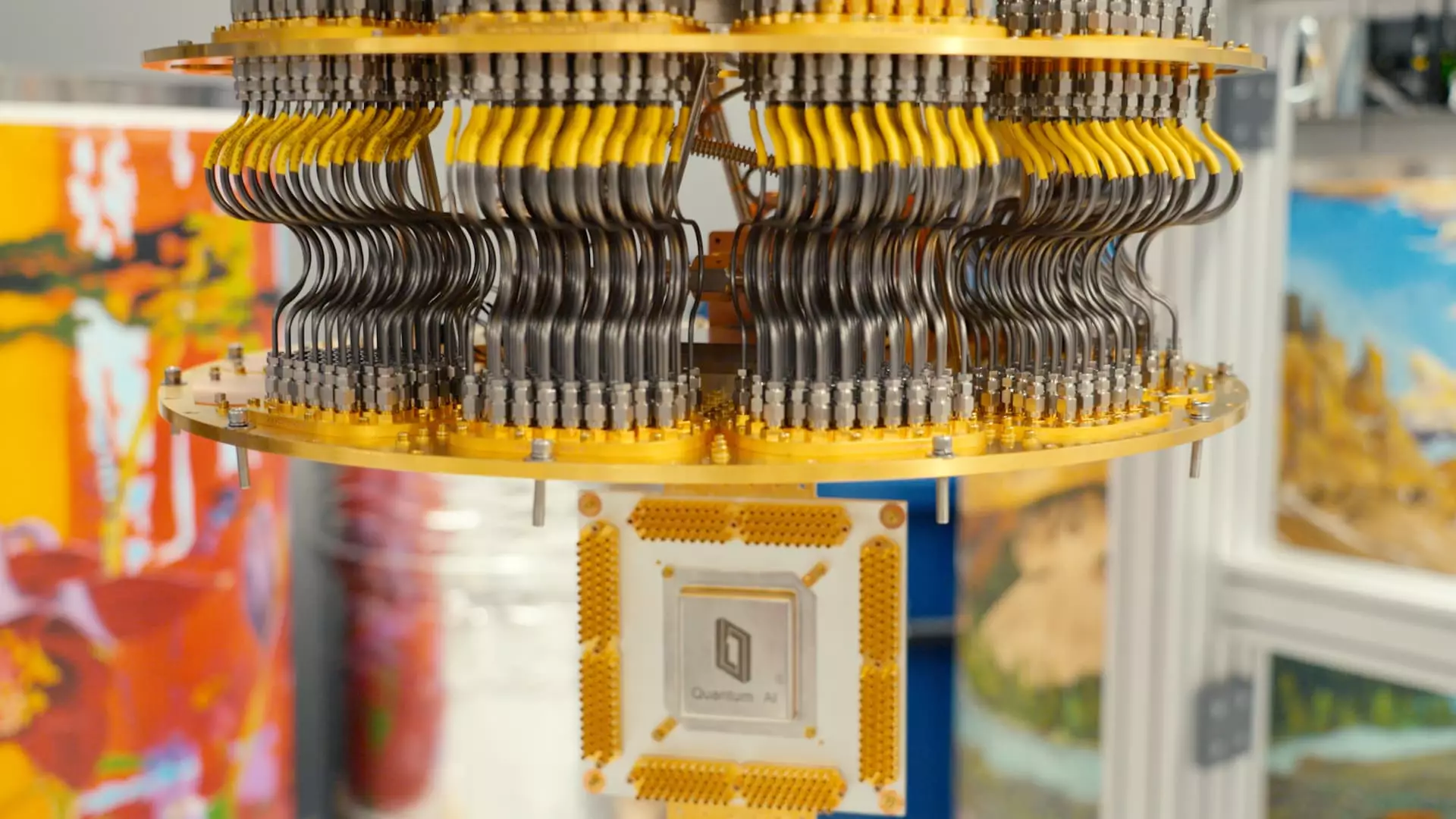In an undisclosed location within the serene landscape of Santa Barbara, California, a group of visionary scientists at Alphabet is embarking on an audacious journey: the development of what could become the most sophisticated quantum computers in existence. This ambition springs from the belief that quantum computing and artificial intelligence (AI) will intertwine to redefine technological paradigms. Julian Kelly, the director of hardware at Google Quantum AI, recognizes a promising synergy, suggesting a future where these two domains enhance each other’s capabilities exponentially.
A New Era for Google: Learning from the AI Landscape
Google’s late entry into the realm of generative AI has been a point of contention among industry analysts and enthusiasts. When OpenAI’s ChatGPT made its iconic debut in late 2022, the world was captivated, largely leaving Google scrambling to reclaim its perceived throne in innovation. However, the tech giant quickly pivoted, effectively signaling a bold commitment to not just keep pace, but to lead the charge into the next technological frontier. With the unveiling of the Willow quantum computing chip, Google demonstrated its tactical resurgence—a chip capable of solving complex problems at an unprecedented speed that classical computers can only dream of.
Empowering AI through Quantum Computing
The implications of Willow extend beyond merely breaking records; they indicate a monumental step towards fusing quantum computing with AI technology. One major concern in the AI sector is the diminishing returns on data quality; leading models are beginning to exhaust the wealth of high-quality data harvested from the internet. In a landscape where novelty is key, Kelly posits that quantum computers could generate innovative datasets to fuel AI models, allowing them to evolve rather than stagnate. This forward-thinking aligns logically with existing breakthroughs, such as AlphaFold—an AI initiative by Google DeepMind that recently earned its creators the 2024 Nobel Prize in Chemistry.
Bridging Science and Application
Kelly’s insights illuminate a significant aspect of quantum computing: its potential to produce new data informed by the intricacies of quantum mechanics—an endeavor currently underexplored in the AI training landscape. With traditional models relying on existing datasets, a quantum approach could lead to the discovery of previously uncharted research avenues and deepen understanding in fields like molecular biology and materials science.
A Swift Road Ahead: The Quantum Timeline
The timeline that Kelly envisions—a five-year trajectory to practical applications—may sound ambitious, yet it encapsulates the urgency of tech innovation today. With every passing month, the competition intensifies, and the pressure to deliver transformational technology mounts. Google’s foray into quantum computing is not just about hardware breakthroughs; it represents a strategic pivot toward harnessing the unyielding power of quantum phenomena. In a world teetering on the brink of stagnation, the marriage of quantum computing and AI might just be the catalyst we need to propel humanity toward a brighter, more ingenious future.

